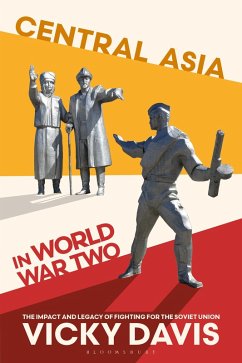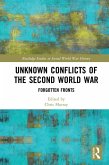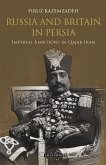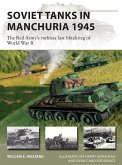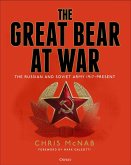Central Asia has long been situated at the geographical crossroads of East and West, once strategically located on the ancient Silk Road. The envy of the expanding Russian empire, it was colonized in the 19th century by Cossacks and traders from the north. This book examines how Central Asia, by then part of the Soviet Union, experienced population displacements on an even greater scale during the Second World War. Vicky Davis analyses how troops were sent westwards into action, only for waves of civilians to travel eastwards into the region: evacuees, refugees and even internal deportees sent into exile from their homelands in other parts of the vast Soviet Union.
Central Asia in World War Two is the first book to tackle the subject of minorities fighting for the Soviet Union under Stalin in the Second World War. Based on meticulous archival research, it considers the interactions of the individual citizen and the Soviet state, weaving together the experiences of over three hundred ordinary men and women in Central Asia as they coped with their new roles on the front line or in the rear. Suffering incredible economic and physical hardship, racism and religious oppression, these mainly Muslim citizens were subjected to a forced process of Sovietization under the influence of Stalin's ubiquitous propaganda machine.
Davis reveals how, while conscripts were all too often slaughtered or scapegoated in their regiments, the women and children left at home slaved in factories and communal farms to fuel the machinery of a war taking place thousands of kilometres away. She convincingly argues that the impact of forced assimilation, cultural indoctrination, anti-Semitism and re-education on the region were as great as the daily fight for survival in wartime. The legacy of the period is almost as complex, with struggles over the ownership and revision of history continuing even today.
Central Asia in World War Two is the first book to tackle the subject of minorities fighting for the Soviet Union under Stalin in the Second World War. Based on meticulous archival research, it considers the interactions of the individual citizen and the Soviet state, weaving together the experiences of over three hundred ordinary men and women in Central Asia as they coped with their new roles on the front line or in the rear. Suffering incredible economic and physical hardship, racism and religious oppression, these mainly Muslim citizens were subjected to a forced process of Sovietization under the influence of Stalin's ubiquitous propaganda machine.
Davis reveals how, while conscripts were all too often slaughtered or scapegoated in their regiments, the women and children left at home slaved in factories and communal farms to fuel the machinery of a war taking place thousands of kilometres away. She convincingly argues that the impact of forced assimilation, cultural indoctrination, anti-Semitism and re-education on the region were as great as the daily fight for survival in wartime. The legacy of the period is almost as complex, with struggles over the ownership and revision of history continuing even today.

